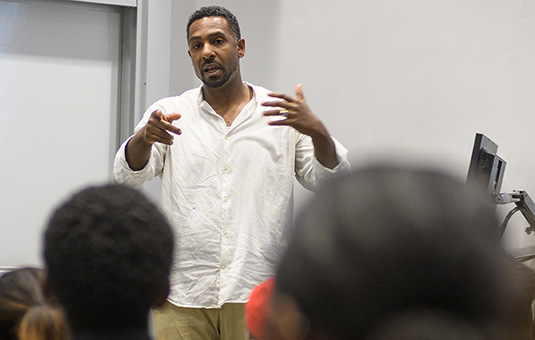
History
Sinful professions: Illegal occupations of women in Ottoman Aleppo, Syria
Abstract
What was the economic role of women in the Islamic world? Archival sources such as court records reveal that women were employed in a number of legal occupations as moneylenders, buyers and sellers of property, midwives, administrators of religious endowments (waqfs) and textile workers. On the other hand, women were just as active in illegal occupations as prostitutes, procurers of prostitution and distillers of alcohol. This study will show that punishment for crimes such as prostitution was light due to the fact that customers were often linked to the Ottoman military and government. Furthermore, all three occupations involved tax evasion; alcohol in particular was legal to distill for non-Muslims as long as it was properly taxed and produced within the all-powerful guild system. These crimes reveal the diversity of occupations within which women were employed and the standards of morality within the city of Aleppo. © 2003 Koninklijke Brill, Leiden.


